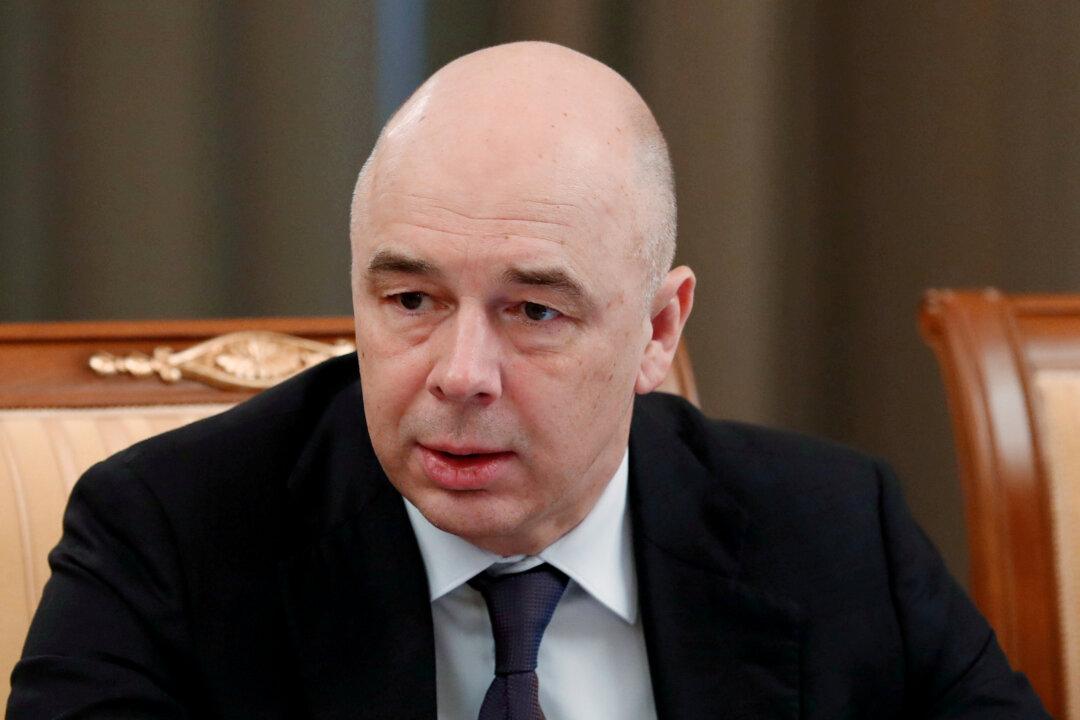Russia is hitting pause on any new government borrowing owing to what finance minister Anton Siluanov told local media was a “cosmic” rise in debt servicing costs following war-related Western sanctions on Moscow.
Siluanov told the Izvestia news outlet in an interview on Monday that Russia will halt all government bond auctions for the rest of 2022.





